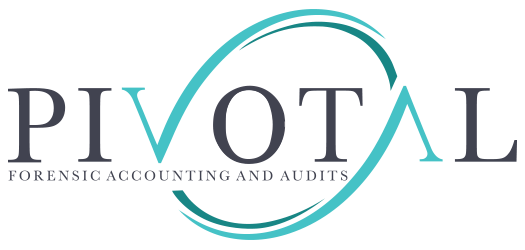Maximizing Tax Benefits: Navigating Reasonable Compensation and Section 199A for S-Corporations
In the dynamic realm of business taxation, S-Corporations offer a strategic advantage for entrepreneurs. However, to fully harness the benefits of S-Corp status, it’s crucial to grasp concepts like reasonable compensation and Section 199A. Let’s delve into these topics and explore how they intersect in the realm of S-Corporation taxation.
Unveiling Reasonable Compensation
At the core of S-Corporation taxation lies the principle of reasonable compensation. This term refers to the fair salary or wages paid to shareholder-employees for their contributions to the business. It serves as a safeguard against tax evasion by ensuring that shareholder-employees receive adequate compensation for their work.
The Crucial Role of Section 199A
Enter Section 199A, a provision in the IRS code that presents a significant tax deduction opportunity for eligible pass-through entities, including S-Corporations. Under Section 199A, qualifying businesses can deduct up to 20% of their qualified business income (QBI) on their individual tax returns. However, compliance hinges on paying reasonable compensation to employees, including shareholder-employees.
The Intricate Interplay
The relationship between reasonable compensation and Section 199A is pivotal. The determination of reasonable compensation directly impacts the amount of QBI eligible for the Section 199A deduction. Underpaying shareholder-employees may prompt the IRS to reclassify distributions as wages, potentially reducing the QBI eligible for the deduction and inviting closer scrutiny.
IRS Scrutiny: What to Expect
The IRS closely monitors S-Corporation compensation practices to ensure adherence to tax regulations. Key factors under scrutiny include job responsibilities, industry benchmarks, financial performance, and distributions to shareholders. Non-compliance may trigger audits and potential tax penalties.
Tips for Calculating Reasonable Compensation
1. Market Research: Conduct comprehensive research on industry standards and comparable salaries for similar roles.
2. Document Everything: Maintain meticulous records of shareholder-employee duties and responsibilities to substantiate compensation decisions.
3. Consider Financial Health: Factor in the financial well-being of the S-Corporation when determining compensation levels.
4. Consult Your Tax Advisor: Seek guidance from a qualified tax advisor or financial professional specializing in S-Corporation taxation to ensure compliance and optimization.
5. Regular Reviews: Periodically reassess compensation levels to align with evolving business dynamics and industry norms.
Conclusion – Seek Professional Guidance
Navigating the intricacies of S-Corporation taxation demands a strategic approach and expert insight. Consulting with your tax advisor regarding S-Corporation matters, including officer compensation and shareholder distributions, is paramount. By staying informed and proactive, you can optimize tax benefits while mitigating the risk of IRS scrutiny. Remember, a well-informed approach is key to achieving tax efficiency and compliance.


